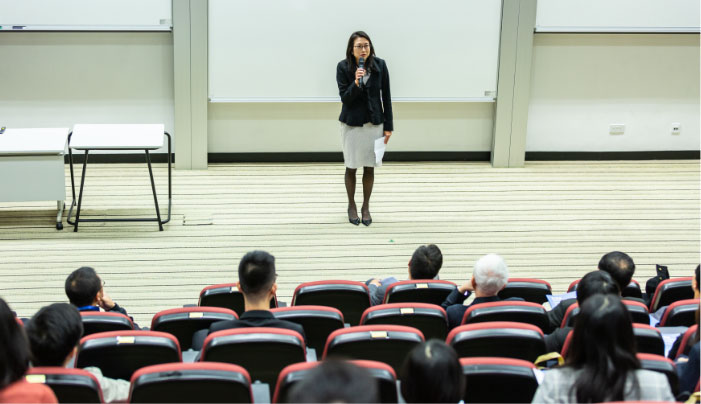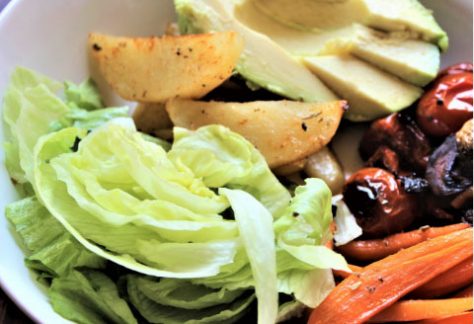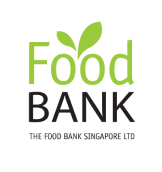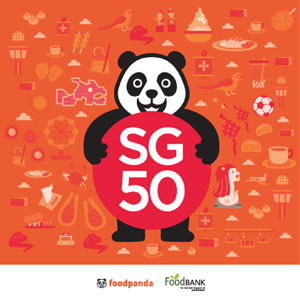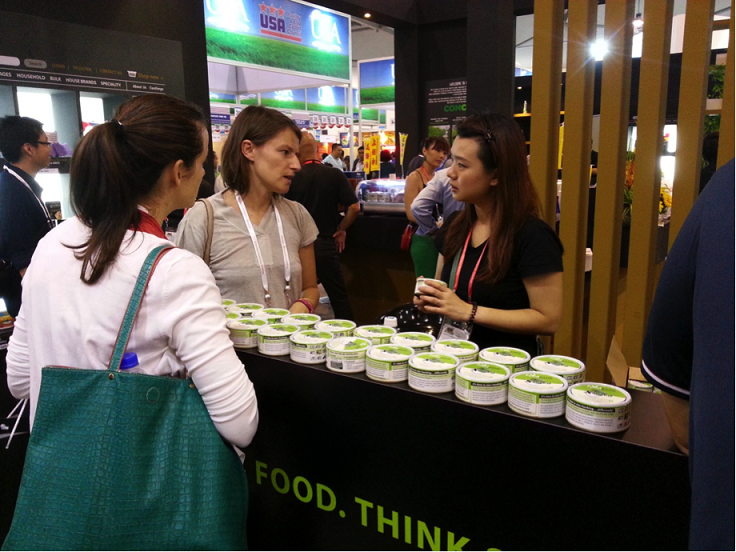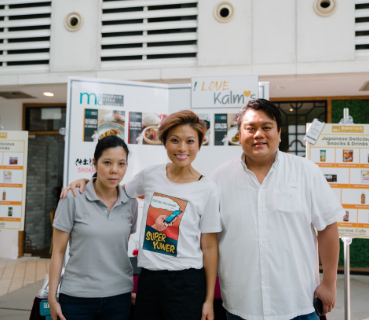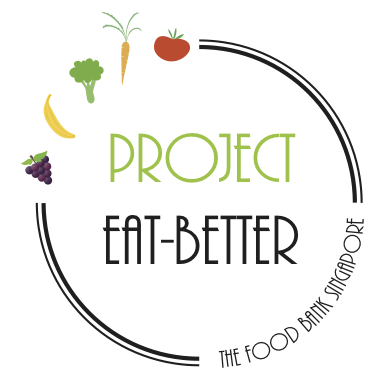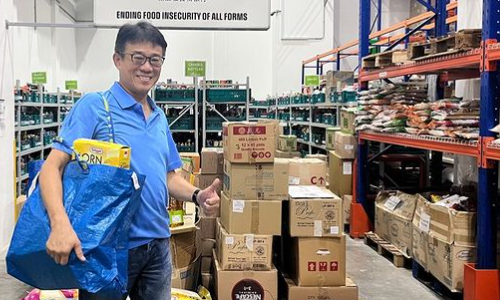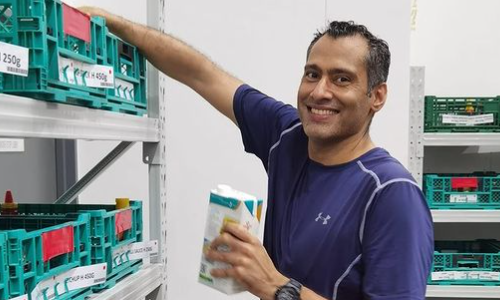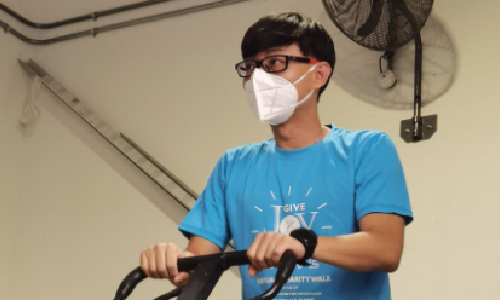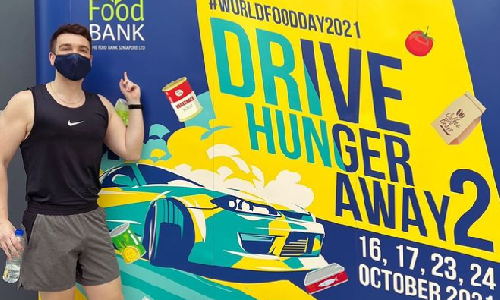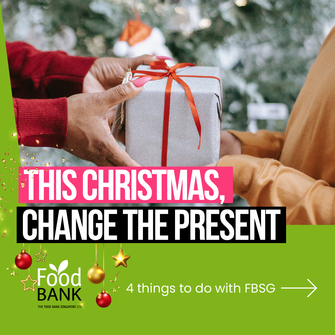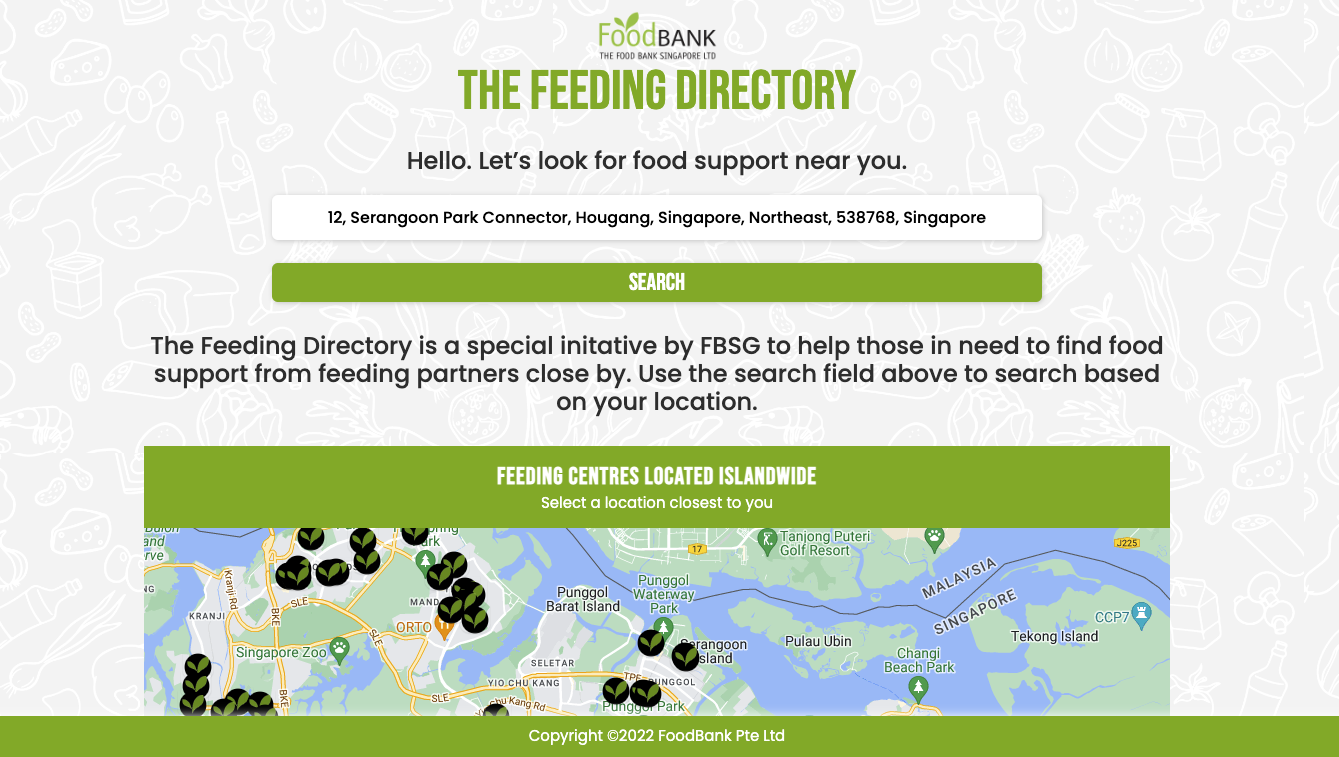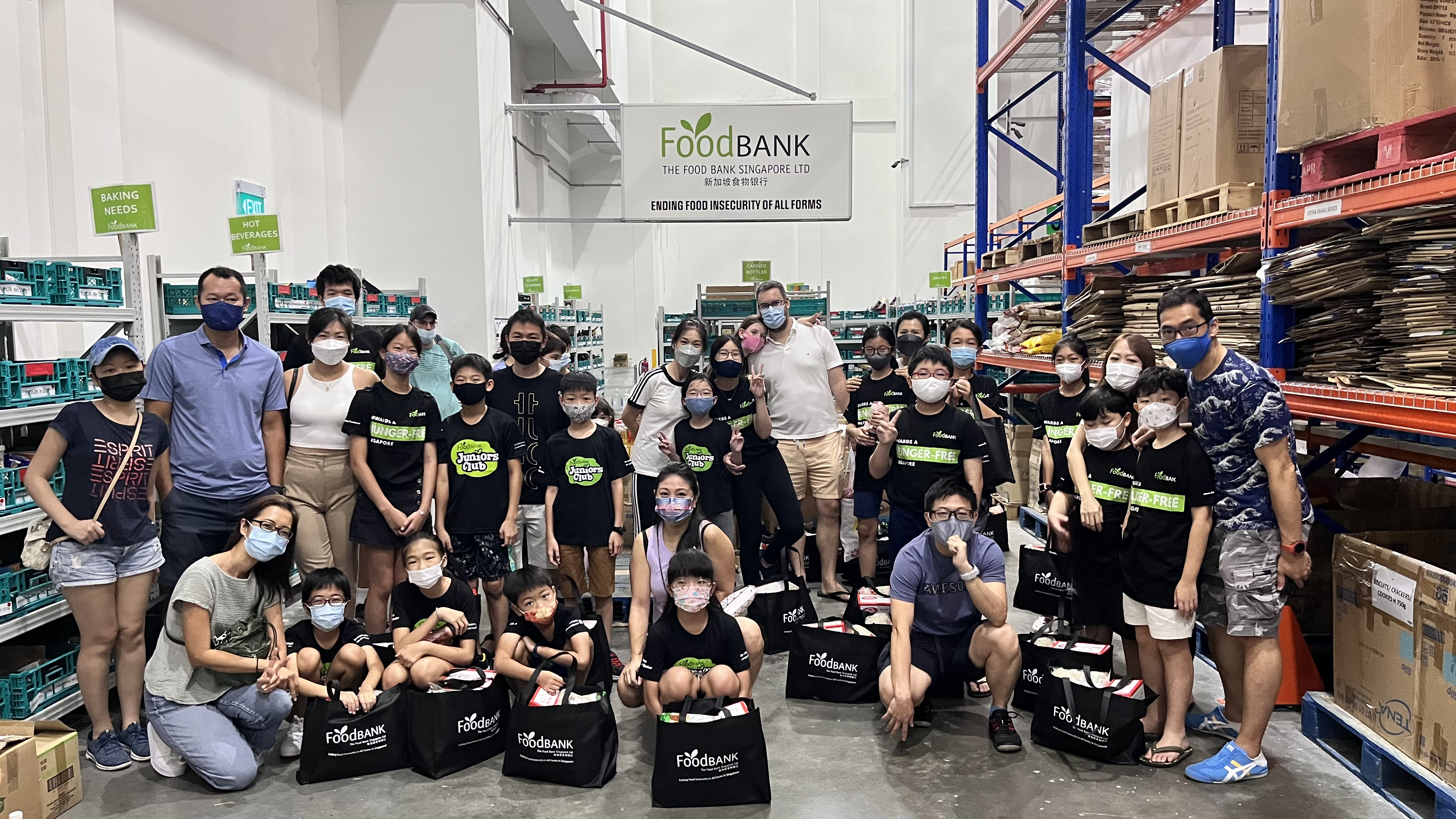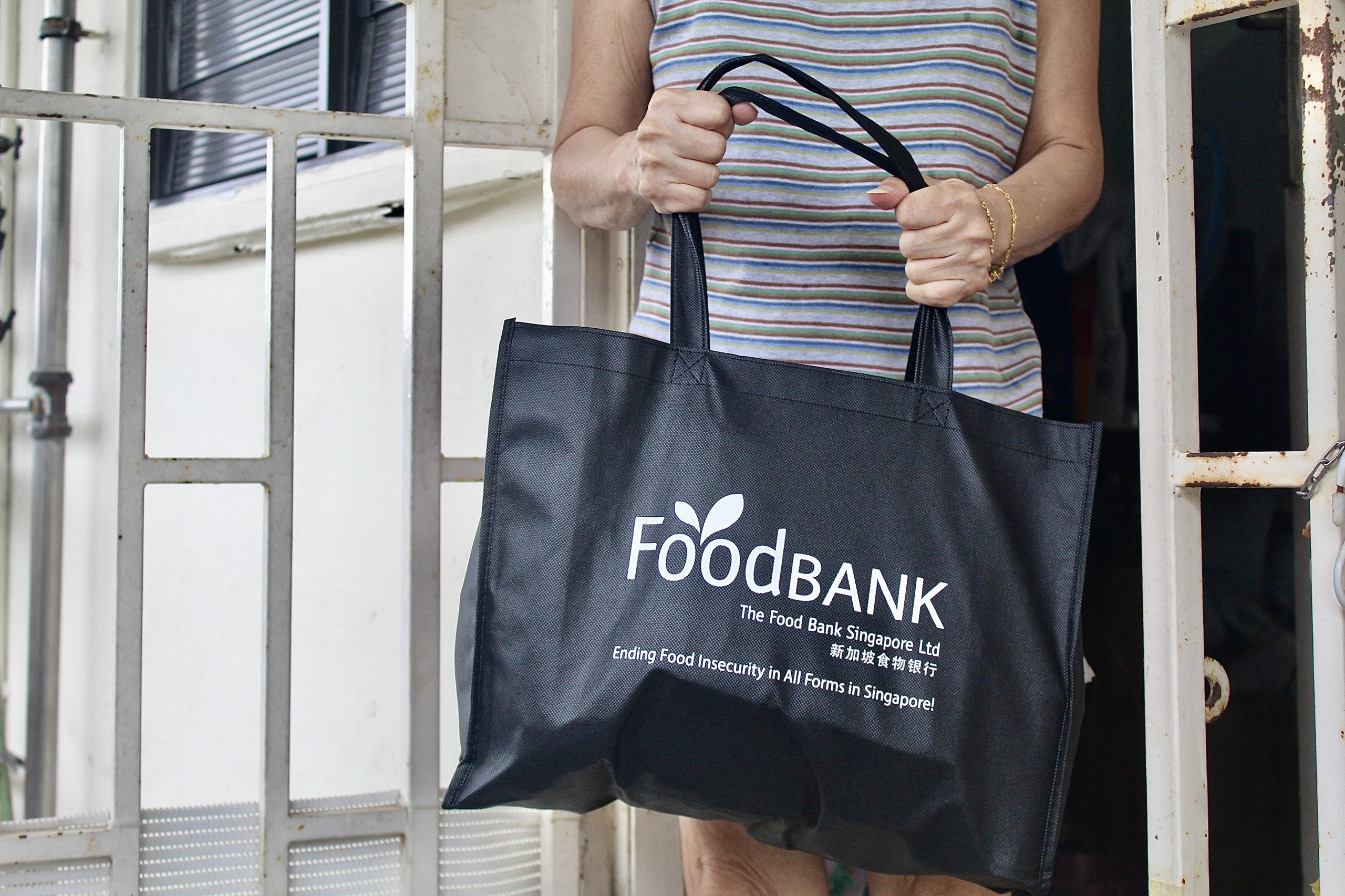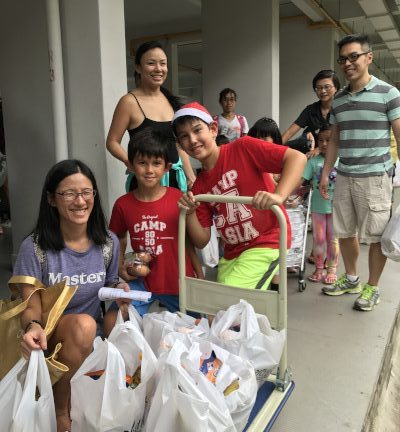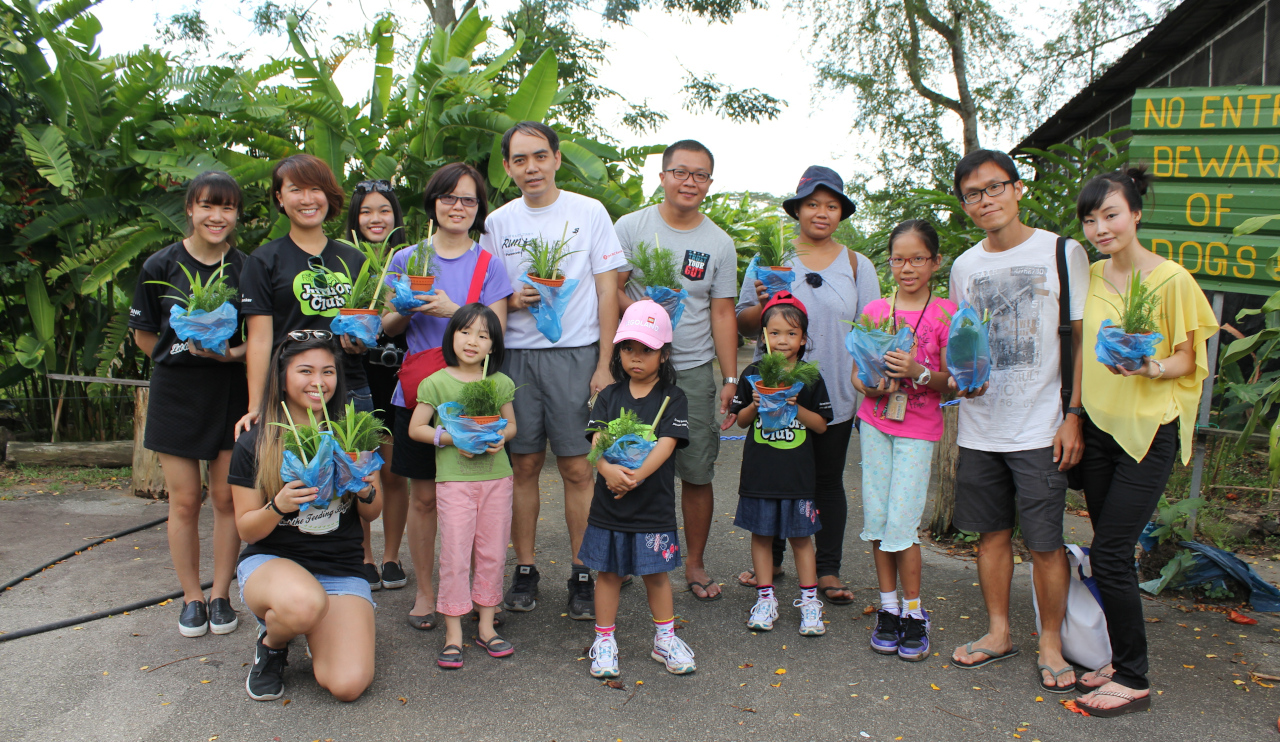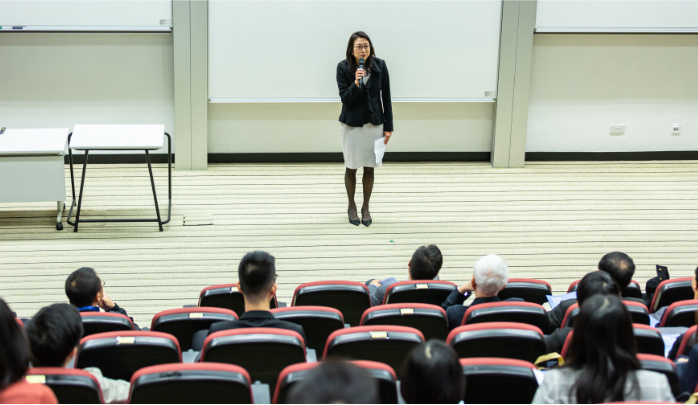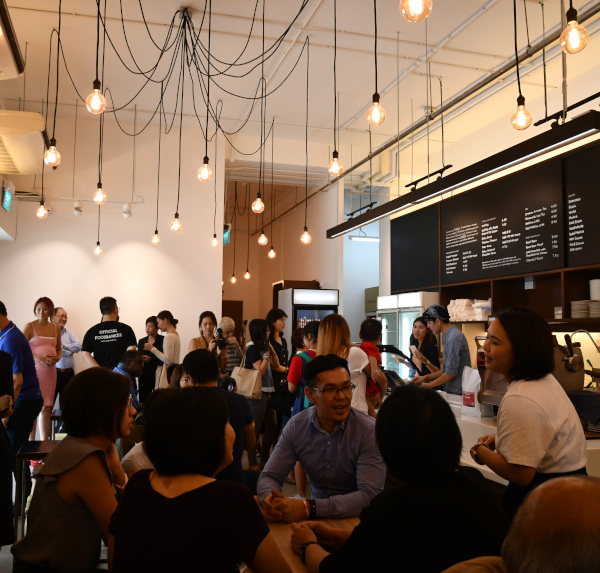The Food Bank Singapore was started by Nichol and Nicholas Ng to tackle food waste and food insecurity. But the siblings hope that one day, there will be no need for such an organisation.
The COVID-19 pandemic has been a tough time for many Singapore charities, many of which experienced a drop in donations and volunteer count. But it is during such challenging times when the work of non-profit organisations become all the more crucial.
In the past few months, The Food Bank Singapore had to step up its operations in order to bring food to the less privileged and vulnerable communities in the country, who have been harder hit by the pandemic.
The Food Bank Singapore was set up in 2012 by siblings Nichol and Nicholas Ng, third-generation business owners of food distribution company, FoodXervices. The Food Bank acquires donated food from farms, manufacturers, distributors, stores, consumers and other sources, and distributes them to charities within its member network, who then deliver them to beneficiaries.
“We currently have 360 organisations in our network. It includes charities such as Willing Hearts, the Salvation Army and Family Service Centres (FSCs) as well,” older sibling Nichol shared. “The premise of The Food Bank is that as long as you’re a non-profit with a related programme, you can join our network. We consolidate large piles of food, then distribute it to charity organisations. Through our network, we reach out to more than 250,000 people on the ground.”
Amid circuit breaker measures, The Food Bank found themselves having to ramp up their efforts. “Every day, for sure, there would be a handful of people writing in to us directly asking for food aid. And this has never happened as rampantly in the past,” Nichol revealed.
FEEDING THE CITY
The Food Bank, Nichol shared, is not well-known on the ground, as most of the food distribution is conducted through the organisation’s member charities. But when FSCs were closed during the circuit breaker, people began writing in to The Food Bank directly.
“At first we thought it was maybe a handful of people. But it started becoming regular. Every week, there would be someone telling us that they haven’t eaten,” Nichol shared.
“Before COVID-19, we would pass the details over to an FSC in the area who would do some background checks beforehand. But now because of the pandemic, we take it that no one is lying. We would just send food down first, so they can survive for at least a few days while we do some background checks,” Nicholas shared.
For the first time, The Food Bank began distributing cooked meals to the less privileged. “Previously, we did zero cooked food donations or distribution. Then we started distributing about 1,000 to 2,000 meals a day. Now, we are donating about 13,000 meals,” Nicholas said.
Through the organisation’s Feed The City programme, The Food Bank partnered with local F&B businesses to deliver meals to the needy. The programme was a two-pronged approach – while providing meals to the underprivileged, it would also help boost the sales of local F&B businesses, including hawkers, who were badly hit.
As the programme began garnering attention, the founders were approached by Michelin Singapore. The company was keen to partner with The Food Bank to provide food from its Michelin-starred, Bib Gourmand and Plate restaurants and hawkers.
“It was very heartening that these Michelin restaurants wanted to help. We told them that the budget was S$3.50, and even fine-dining restaurants like Odette managed to come up with something. We started getting feedback from beneficiaries that it was the best food they ever had,” Nicholas chirped.
More than just filling their bellies, the siblings believe that the food delivered to the less privileged played a role in lifting their spirits during tough times.
“By getting food from these F&B businesses, we can ensure that 90 per cent of the time, the food our beneficiaries are getting are better than what they are used to. Just like ourselves, when we eat things like chocolate, or desserts like cake and brownies, our spirits are lifted. People tend to forget that food is nourishing not just for the tummy, but for the soul as well,” Nichol mused.
TACKLING FOOD WASTE
When The Food Bank first started nine years ago, it was the first of its kind to exist in Singapore. Although not new in other countries, the concept of a food bank was largely unheard of here. Aside from feeding the needy, setting up a food bank where supermarkets, farms and other food producers can donate their excess food – which will then be redistributed to those in need – would allow the founders to tackle the issue of food wastage in the country.
“One of the issues Singapore has created for itself, which is a good thing, is that we are a very clean city with one of the world’s best incineration programmes. Because the cost of incineration is so cheap, many people would rather dump than recycle or donate their food items. After knowing how the supermarkets work, how food importers work, Nicholas and I just felt that we should tackle all this excess food first, before asking for donations from the public,” Nichol explained.
Despite playing a crucial role in tackling food waste and food insecurity in Singapore, Nicholas shared that one of the siblings’ goals for the organisation is to be “out of business”, for a valid reason, of course. “We don’t know when that will be, but we always keep reminding ourselves that if we go out of business, it means that there’s no food wastage and no more needy people in Singapore,” Nicholas said.
